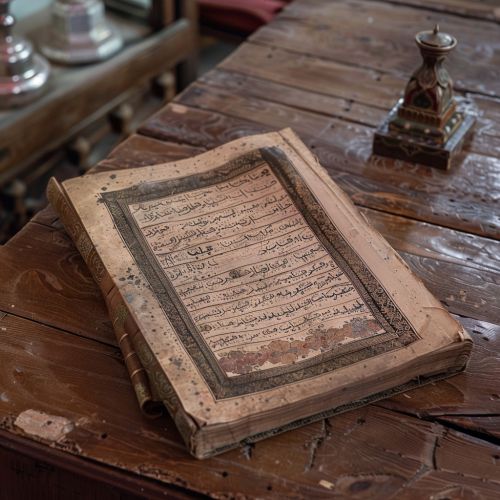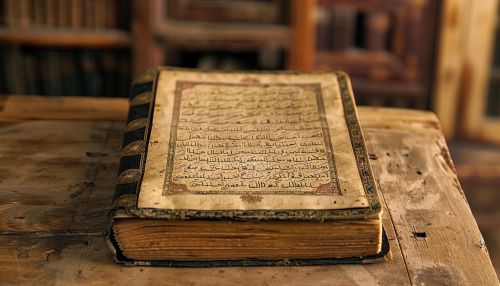Maliki
Introduction
The Maliki school of thought, also known as the Maliki madhhab, is one of the four major Sunni Islamic schools of jurisprudence. It was founded by Malik ibn Anas, a prominent Islamic scholar in the 8th century. The Maliki school is distinguished by its reliance on the hadith and the practices of the people of Medina as primary sources of Islamic law. This article delves into the historical development, principles, and contemporary relevance of the Maliki school.
Historical Development
Early Formation
The Maliki school traces its origins to Malik ibn Anas (711-795 CE), who was born in Medina, the second holiest city in Islam. Malik was a student of the Tabi'un, the generation following the Companions of the Prophet Muhammad. His most significant work, the Muwatta, is a compilation of hadith and legal opinions that became a foundational text for the Maliki school.
Spread and Influence
The Maliki school initially gained prominence in Medina but soon spread to other parts of the Islamic world, including North Africa, Andalusia (modern-day Spain and Portugal), and parts of Sub-Saharan Africa. The spread was facilitated by the Umayyad and later the Abbasid caliphates, which endorsed the school and helped disseminate its teachings.
Core Principles
Sources of Law
The Maliki school relies on several primary sources for deriving legal rulings:
- **Quran**: The holy book of Islam, considered the ultimate source of guidance.
- **Hadith**: Sayings and actions of the Prophet Muhammad.
- **Ijma**: Consensus of the scholars.
- **Qiyas**: Analogical reasoning.
- **Amal of Medina**: Practices of the people of Medina, considered a reflection of the Prophet's traditions.
Jurisprudential Methodology
The Maliki school is known for its pragmatic approach to jurisprudence. Malik ibn Anas emphasized the importance of the public interest (maslahah) and juristic preference (istihsan) in making legal decisions. This flexibility allows the Maliki school to adapt to changing circumstances while remaining rooted in traditional Islamic principles.
Legal Opinions and Rulings
Worship and Rituals
The Maliki school has specific rulings on various aspects of worship, including prayer, fasting, and zakat (almsgiving). For instance, Malikis place a strong emphasis on the intention (niyyah) behind acts of worship and the importance of community practices.
Family Law
In matters of family law, the Maliki school provides detailed guidelines on marriage, divorce, and inheritance. It emphasizes the rights and responsibilities of both spouses and the welfare of children.
Criminal Law
The Maliki school has a comprehensive framework for criminal law, including hudud (fixed punishments), qisas (retaliation), and ta'zir (discretionary punishments). It stresses the importance of justice and mercy in the application of these laws.


Contemporary Relevance
Geographical Distribution
Today, the Maliki school is predominantly followed in North and West Africa, including countries like Morocco, Algeria, Tunisia, Libya, and Mauritania. It also has a significant presence in parts of the Arabian Peninsula and Sub-Saharan Africa.
Modern Adaptations
The Maliki school has shown a remarkable ability to adapt to modern contexts. Scholars within the Maliki tradition continue to engage with contemporary issues, offering legal opinions on matters such as finance, bioethics, and human rights. This adaptability ensures that the Maliki school remains relevant in the modern world.
